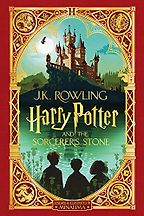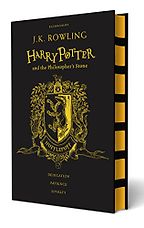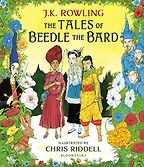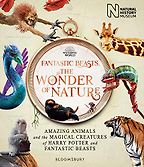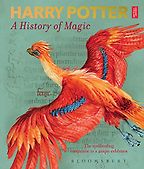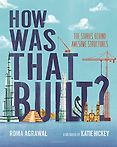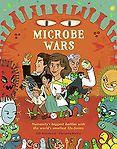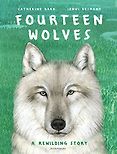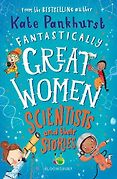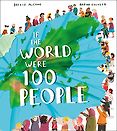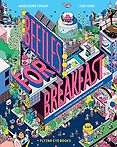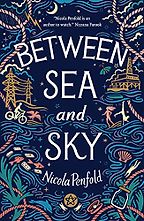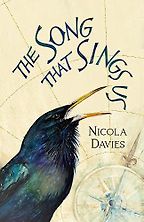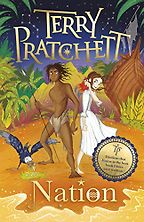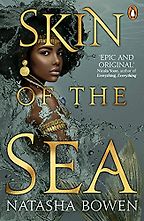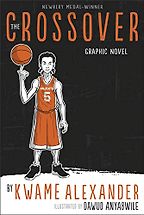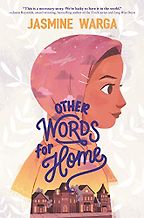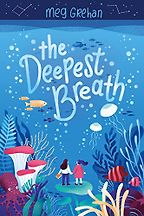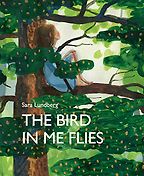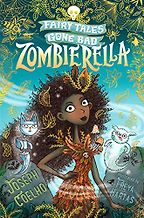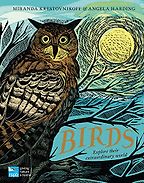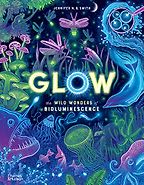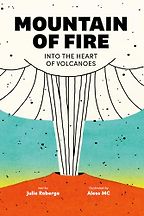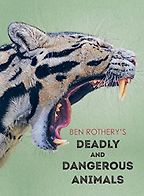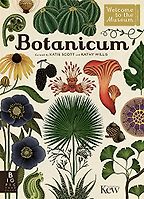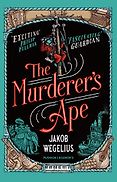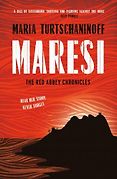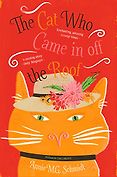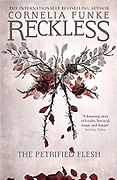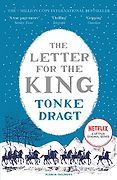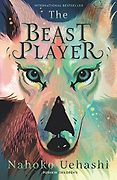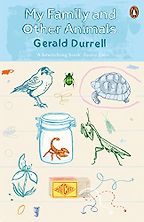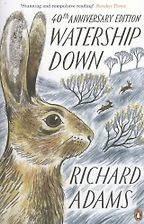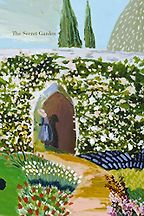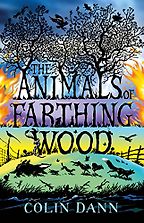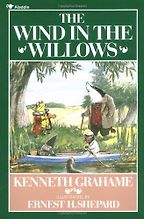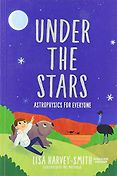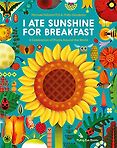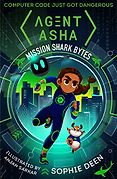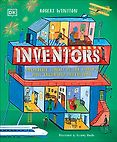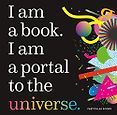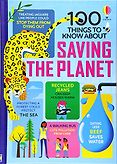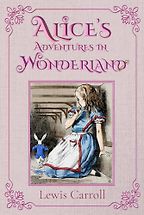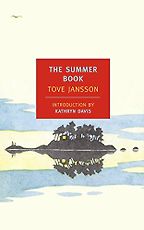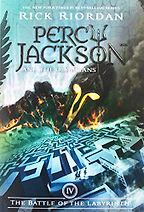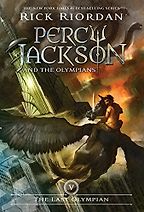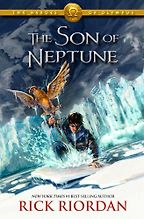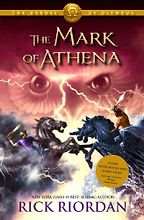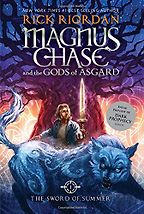Books for 9-12 Year Olds
recommended by librarians, teachers, authors and kids
Last updated: December 22, 2025
-

1
Harry Potter and the Philosopher's Stone (illustrated edition)
J.K. Rowling & MinaLima (illustrators) -

2
Harry Potter and the Philosopher's Stone
by J.K. Rowling & Levi Pinfold (illustrator) -

3
The Tales of Beedle the Bard
J.K. Rowling & Chris Riddell (illustrator) -

4
Fantastic Beasts: The Wonder of Nature
by Natural History Museum -

5
Harry Potter: A History of Magic
by British Library
The Best Illustrated Harry Potter Books, recommended by Our Children's Editor
The Best Illustrated Harry Potter Books, recommended by Our Children's Editor
Entering the magical world of Harry Potter is a wonderful gift for any child, and finding a beautiful edition can be an important part of the journey. Here, our Children’s Editor selects personal favourites among the most beautiful Harry Potter books and recommends the best gift editions.
-

1
How Was That Built? The Stories Behind Awesome Structures
Roma Agrawal, Katie Hickey (illustrator) -

2
Microbe Wars: Humanity's Biggest Battles with the World's Smallest Life-Forms
by Gill Arbuthnott & Marianna Madriz (illustrator) -

3
Fourteen Wolves: A Rewilding Story
by Catherine Barr & Jenni Desmond (illustrator) -

4
Fantastically Great Women Scientists and their Stories
by Kate Pankhurst -

5
If the World Were 100 People
Jackie McCann, Aaron Cushley (illustrator) -

6
Beetles for Breakfast and Other Weird and Wonderful Ways to Save the Planet
Madeleine Finlay, Jisu Choi (illustrator)
Best Science Books for Children: the 2022 Royal Society Young People’s Book Prize, recommended by Alan Wilson
Best Science Books for Children: the 2022 Royal Society Young People’s Book Prize, recommended by Alan Wilson
The Royal Society Young People’s Book Prize celebrates books that stimulate children’s curiosity and enthusiasm to explore, innovate and debate. Alan Wilson, Chair of this year’s judging panel, talks us through the six outstanding science books for kids that made the 2022 shortlist.
The Best Ocean Novels for 10-14 Year Olds, recommended by Helen Scales
Marine biologist Helen Scales reflects on the power of stories to bring all kinds of readers into the ocean realm. She recommends books for children and young adults, and explains why her selection focuses on novels for readers age 10-14.
Best Verse Novels for 8-12 Year Olds, recommended by Alison King
Verse fiction gets to the heart of a story without much text, the immediacy of the characters and the storyline making it instantly appealing to readers, including reluctant ones. Here, school librarian Alison King explains why everyone should read verse novels, and recommends her top picks for 8-12 year olds.
-

1
Birds: Explore Their Extraordinary World
Miranda Krestovnikoff, Angela Harding (illustrator) -

2
Glow: The Wild Wonders of Bioluminescence
Jennifer N. R. Smith, Dr. Edith Widder (consultant) -

3
Mountain of Fire: Into the Heart of Volcanoes
Julie Roberge, Aless MC (illustrator), translated by Charles Simard -

4
Ben Rothery's Deadly and Dangerous Animals
by Ben Rothery -

5
Botanicum
by Kathy Willis & Katie Scott (illustrator)
Beautiful Science Books for 9-12 Year Olds, recommended by Our Children's Editor
Beautiful Science Books for 9-12 Year Olds, recommended by Our Children's Editor
Nonfiction books for 9-12 year olds can be just as fun for adults as for kids, especially when they are beautifully illustrated. Here, our Children’s Editor picks science books for 9-12 year olds that are not only informative, but also beautiful works of art.
-

1
The Murderer's Ape
Jakob Wegelius, translated by Peter Graves -

2
Maresi
Maria Turtschaninoff, translated by Annie Prime -

3
The Cat Who Came in off the Roof
Annie M.G. Schmidt, translated by David Colmer -

4
Reckless: The Petrified Flesh
Cornelia Funke, translated by Oliver Latsch -

5
The Letter for the King
Tonke Dragt, translated by Laura Watkinson -

6
The Beast Player
Nahoko Uehashi, translated by by Cathy Hirano
The Best Kids’ Books in Translation, recommended by Adam Freudenheim
The Best Kids’ Books in Translation, recommended by Adam Freudenheim
There is no shortage of great kids’ books written in English, but reading books in translation can open up whole new worlds and surprising perspectives. Adam Freudenheim, managing director of Pushkin Press, talks us through some of his favourites among the many books he’s published for kids, translated from other languages.
The Best Nature Books for Kids, recommended by M G Leonard
Author M G Leonard talks about the importance of getting our children engaged with the natural world. She recommends her favourite nature books for kids.
-

1
Under the Stars: Astrophysics for Everyone
by Lisa Harvey-Smith & Mel Matthews (illustrator) -

2
I Ate Sunshine for Breakfast
by Michael Holland & Philip Giordano (illustrator) -

3
Agent Asha: Mission Shark Bytes
by Sophie Deen & Anjan Sarkar (illustrator) -

4
Inventors: Incredible Stories of the World's Most Ingenious Inventions
by Robert Winston & Jessamy Hawke (illustrator) -

5
I am a book. I am a portal to the universe.
by Stefanie Posavec & Miriam Quick (illustrator) -

6
100 Things to Know about Saving the Planet
Best Science Books for Children: the 2021 Royal Society Young People’s Book Prize, recommended by Katharine Cashman
Best Science Books for Children: the 2021 Royal Society Young People’s Book Prize, recommended by Katharine Cashman
In selecting the best science books for children, the judges of the Royal Society Young People’s Book Prize identify books that are scientifically accurate as well as accessible and engaging. Katharine Cashman, Professor of Volcanology at Bristol University and Chair of this year’s judging panel, talks us through the six wonderful books that made the 2021 shortlist.
Children’s Books About Relationships, recommended by Jean Webb
Children’s literature research is one of the most dynamic fields of literary criticism today, says Jean Webb, professor of international children’s literature at the University of Worcester. She picks five books from around the world that shed light on ‘childhood and relationships.’
The Best Rick Riordan Books, recommended by Alex (age 13)
Alex, a 13-year-old boy living in Oxford, explains what Rick Riordan’s books are about, why he finds them so mesmerizing, and which book you might want to start with if you’re interested in reading them.
